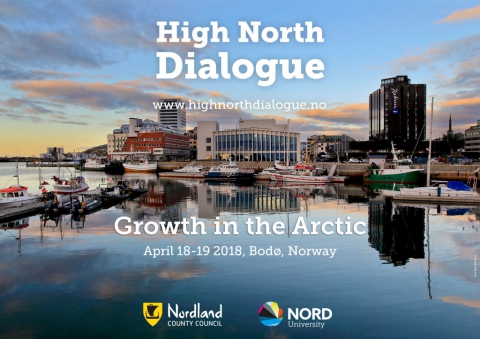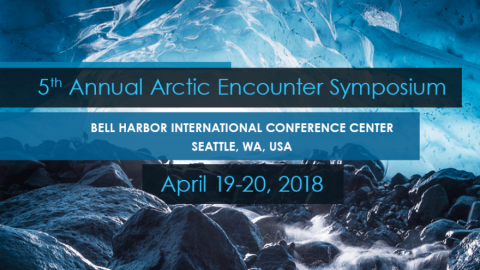The International Glaciological Society will hold an International Symposium on ‘Timescales, Processes and Glacier Dynamics’ in 2018. The symposium will be held at the Lafayette Hotel in downtown Buffalo, New York on 3–8 June 2018.
THEME:
The physical processes controlling glacier dynamics form the basis of modern glaciology. In spite of the rapid growth in observational data, the ultimate scientific challenge continues to be relating processes to observations. Timeseries data are essential to understanding processes; however, their analysis often reveals processes operating on timescales ranging from diurnal to millennial. Individual processes may underpin long-term glacier stability, promote instability or drive natural variability in the glacier state. For example, gravitationally driven flow is among the most fundamental processes in glaciology and controlled by ice-surface slope and thickness. The evolution of the ice surface, in turn, reveals processes related to the mechanical controls on ice flow, firn compaction, development of supraglacial meltwater flow networks, basal melt, isostasy and surface mass balance. Each of these processes alters the surface elevation and is characterized by a different timescale. Assessment of the processes producing changes over a particular time interval poses a major challenge. Hence, even routinely acquired data
are difficult to reason about. Interpretation of other data, such as surface velocity, climatological data, radar stratigraphy, glacier history, ice core records, paleoclimate proxies and in situ observations, are also confounded by relations between processes and timescales.
SUGGESTED TOPICS:
We seek papers and presentations that advance the understanding of ice sheets and glaciers and glacier dynamics on different timescales. Key focus areas include (but are not limited to):
- Identification of processes that exert significant control on glacier dynamics
- Differentiation of processes that are manifestations of natural variability from those that are critical to glacier stability
- Attribution of physical processes to observations
- Analyses of data that reveal processes operating on a characteristic timescale
- Models of processes that help identify the timescales they operate on
- Characterization of glaciological processes giving rise to hazards such as sea level rise to glacial outburst floods
- Linking paleoclimate research on timescales of 100–10 000 years to contemporary observations or models of glaciers.
PROGRAM:
True to tradition, the symposium will include oral and poster sessions interlaced with ample free time to facilitate the interactions of the participants. Additional activities include an opening icebreaker, a banquet dinner and a trip to Niagara Falls during the mid-symposium afternoon break. A pre- or post-symposium glacial geology and landscape excursion is also planned.
ABSTRACT AND PAPER PUBLICATION:
Participants who wish to present a paper (oral or poster) at the Symposium will be required to submit an abstract by 3 April 2018.
Accepted abstracts will be posted on the Symposium’s website. The Council of the International Glaciological Society will publish a thematic issue of the Annals of Glaciology on topics consistent with the Symposium themes. Participants are encouraged to submit manuscripts for this Annals volume.
Submit abstracts here:
https://www.igsoc.org/abstracts/a78


